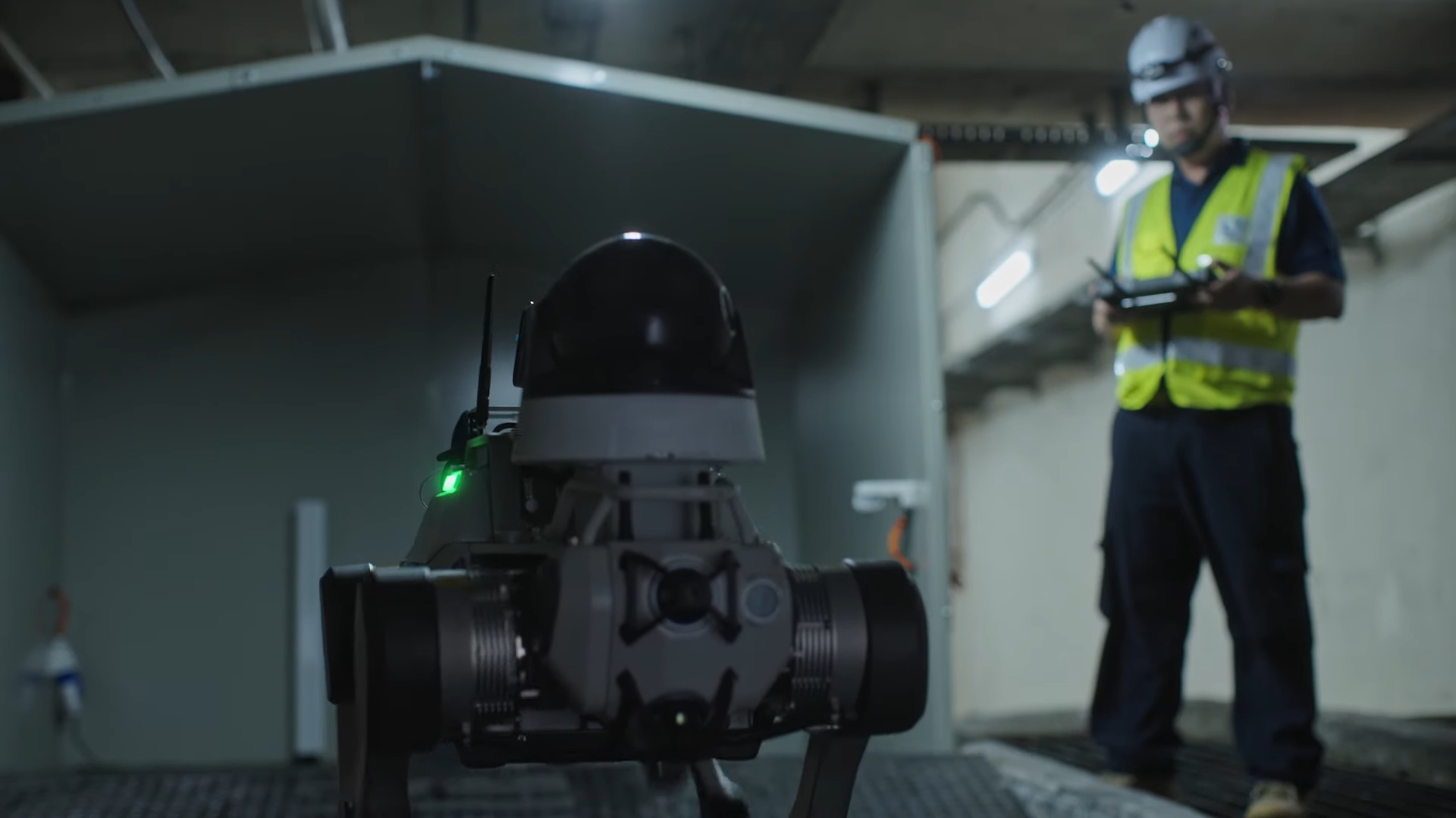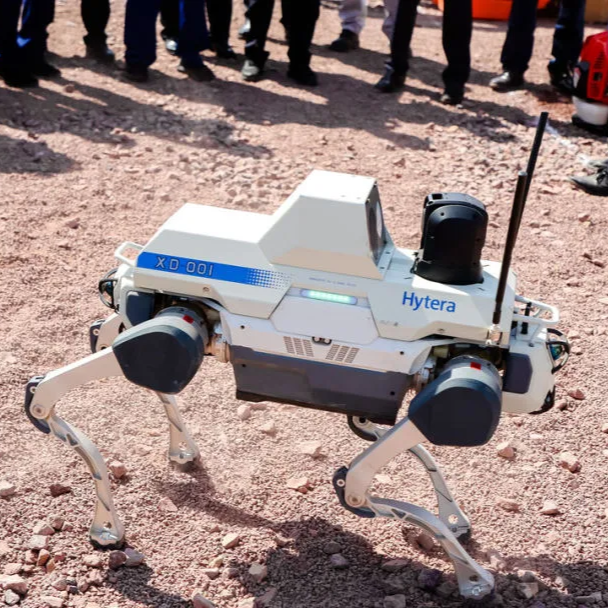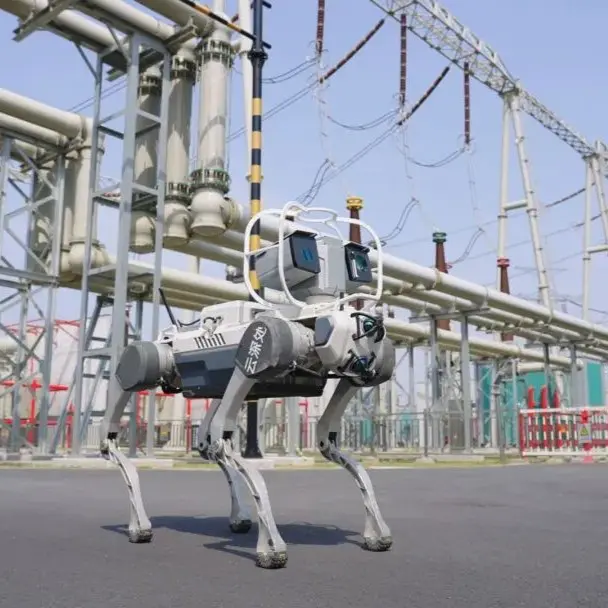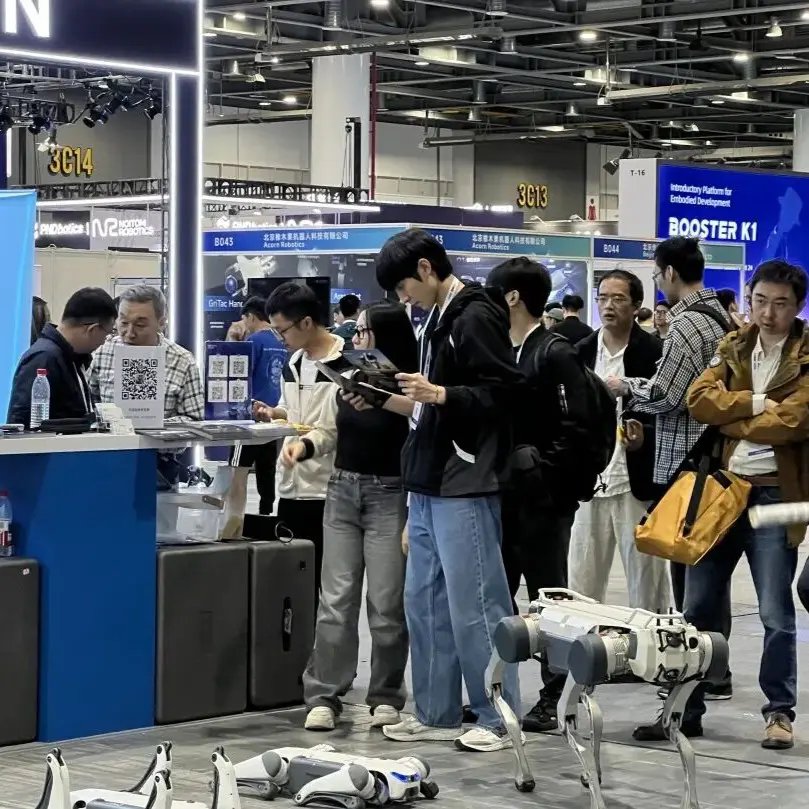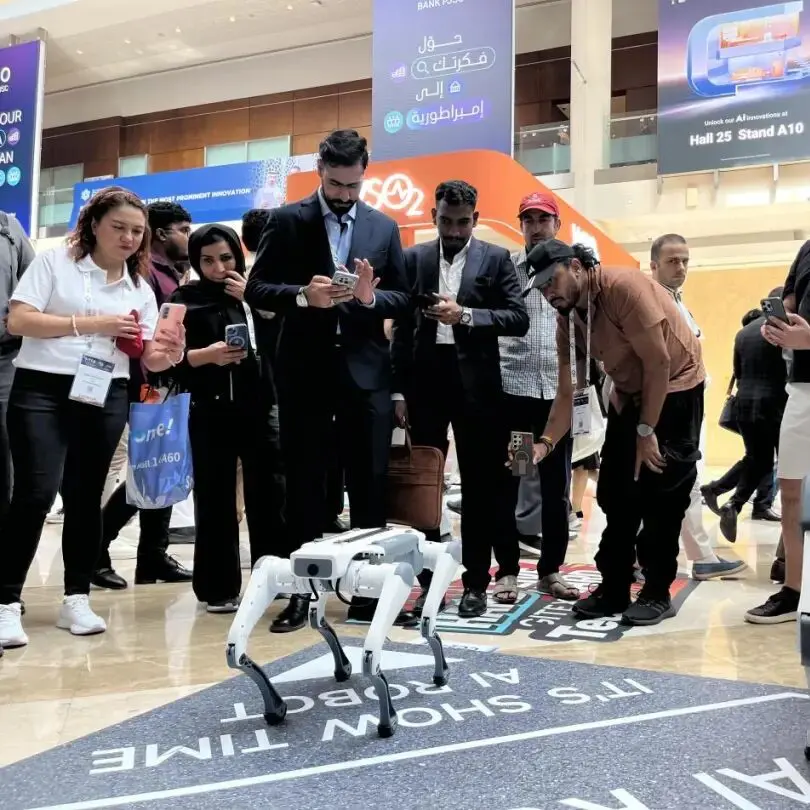Hangzhou, China — DEEP Robotics, a Chinese pioneer in quadrupedal robot technology, has achieved a breakthrough with the international deployment of its X30 robot dog. Nicknamed “SPock” by Singapore’s SP Group, the robot is now fully operational in the nation’s underground power cable network, becoming the first Chinese quadruped robot to serve within a foreign power system.
This collaboration with SP Group underscores DEEP Robotics’ global ambitions and reflects how automation and digital intelligence are reshaping infrastructure maintenance.
SPock, an adapted version of the X30, currently patrols sections of a 40-kilometer underground transmission tunnel as part of a pilot program aimed at enhancing the reliability of Singapore’s electricity supply. Outfitted with high-definition cameras, thermal imaging, and intelligent perception systems, it autonomously scans for cracks, water seepage, and other structural anomalies. After each patrol, it generates instant reports, enabling engineers to prioritize urgent repairs and prevent risks.
Beyond regular inspections, SPock also functions as a first responder in emergencies, delivering live updates and condition assessments from hazardous areas, removing the need for human entry. This dual role improves worker safety while cutting operating costs and freeing up staff to concentrate on analysis and repairs. Early results suggest the robot will help SP Group save more than 480 hours of manual inspection time each year.
Adapting the robot to Singapore’s unique tunnel layouts and cable configurations required significant adjustments. DEEP Robotics customized SPock’s sensors, algorithms, and navigation logic to match the local environment. “Localization was a critical step,” explained Hank Cheng, Senior Sales Manager at DEEP Robotics. “We carried out detailed testing and refined its software for months to guarantee reliable performance.” This effort highlights the company’s ability to tailor its technology to diverse international settings.
While automation is central to the project, the deployment has also encouraged human-machine collaboration within SP Group. Instead of replacing workers, SPock complements them—handling repetitive, risky tasks while staff engage in higher-value activities. Inspectors continue to train the robot by feeding it defect images and simulations, allowing its detection capabilities to evolve over time.
The success of the Singapore project strengthens DEEP Robotics’ global growth strategy. Countries modernizing their infrastructure are increasingly turning to advanced robotics for efficiency and safety. “Chinese innovation in automation and smart maintenance is becoming a global leader,” noted Cheng, emphasizing the company’s competitive advantage in meeting international demand.
DEEP Robotics’ quadruped robots, including the X30 and its smaller sibling, the X20, are already deployed in applications ranging from power inspection and disaster response to industrial maintenance. Their proven ability to operate in challenging environments positions them as essential tools in high-stakes operations.
By establishing a presence in Singapore’s power system, DEEP Robotics has set an important precedent for future international projects. The SPock initiative demonstrates how robotics can enhance human work, safeguard infrastructure, and raise efficiency benchmarks worldwide. As the company continues to innovate, it aims to turn its robots into global standards for automation and intelligent inspection.




